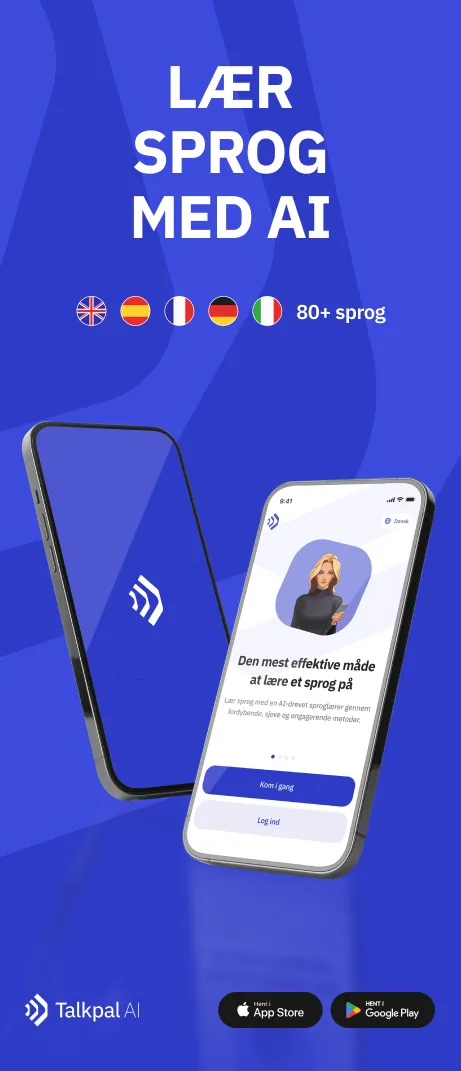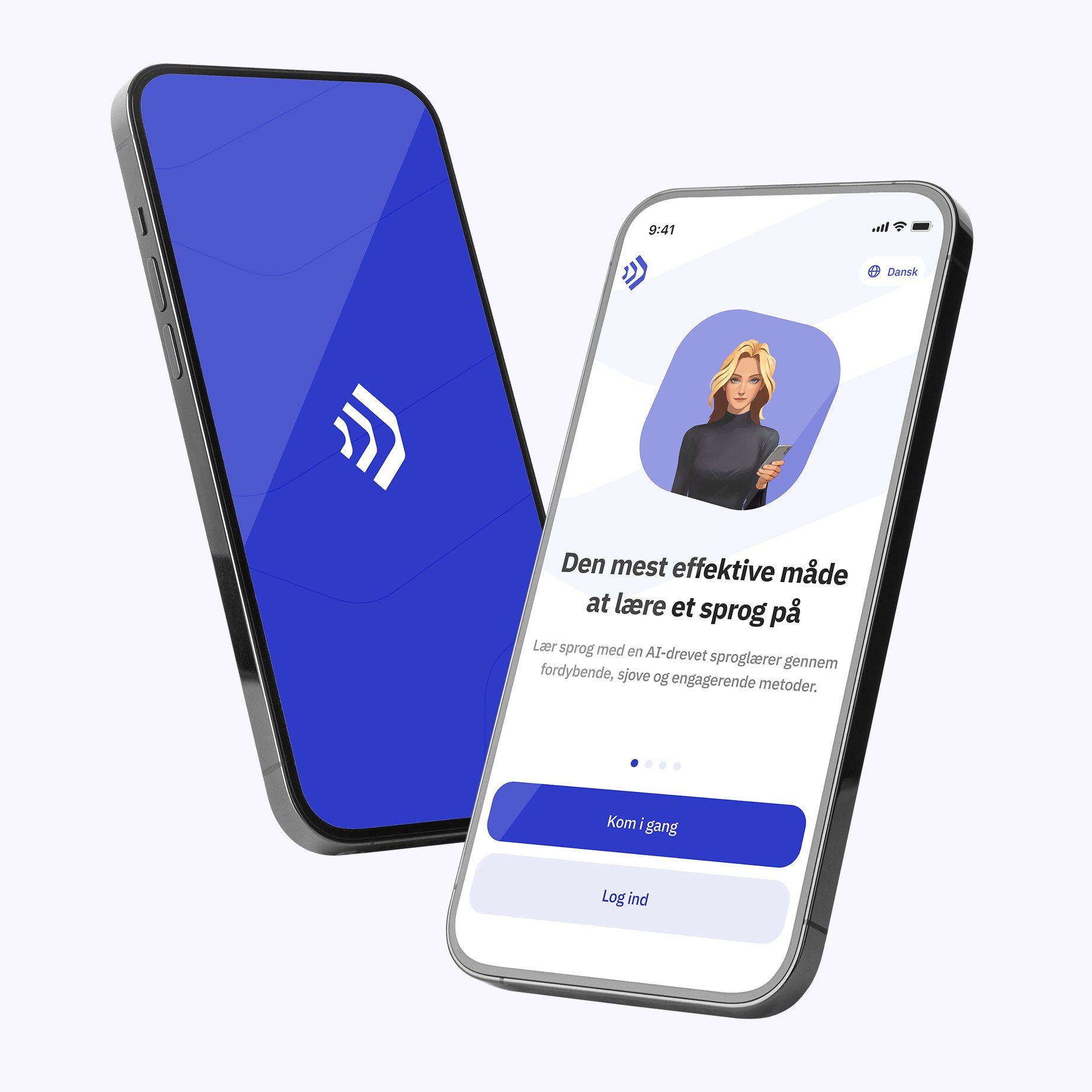Fremtidsøvelse 1: Brug af “will” og “going to”
2. They *are going to* visit Paris next summer (brug “going to” for planlagt handling).
3. I *will* help you with your homework (brug “will” til tilbud eller beslutning taget nu).
4. We *are going to* watch a movie tonight (brug “going to” for planlagt aktivitet).
5. He *will* probably arrive late (brug “will” til forudsigelse).
6. Look at those clouds! It *is going to* rain soon (brug “going to” ved åbenbar fremtidstegn).
7. I think she *will* be happy about the news (brug “will” til mening eller formodning).
8. They *are going to* start a new project next month (brug “going to” for planlagt handling).
9. We *will* see what happens tomorrow (brug “will” til beslutning taget nu).
10. He *is going to* buy a new car next week (brug “going to” til planlagt beslutning).
Fremtidsøvelse 2: Brug af fremtid med “be going to” og den progressive form
2. She *is going to* start a new job soon (brug “be going to” for fremtidig plan).
3. They *are going to* move to a bigger house next year (brug “be going to” for planlagt handling).
4. We *are meeting* the new teacher tomorrow (brug fremtid med “be” + -ing til fastlagt aftale).
5. He *is flying* to London on Monday (brug fremtid med “be” + -ing for fastlagt plan).
6. I *am not going to* eat out tonight (brug “be going to” i benægtelse for fremtid).
7. She *is not coming* to the party (brug fremtid med “be” + -ing i benægtelse).
8. Are you *going to* study tonight? (brug “going to” i spørgsmål for planlagt handling).
9. They *are not going to* join us for dinner (benægtelse med “going to”).
10. We *are watching* a football game this weekend (brug “be” + -ing for fastlagt fremtid).










